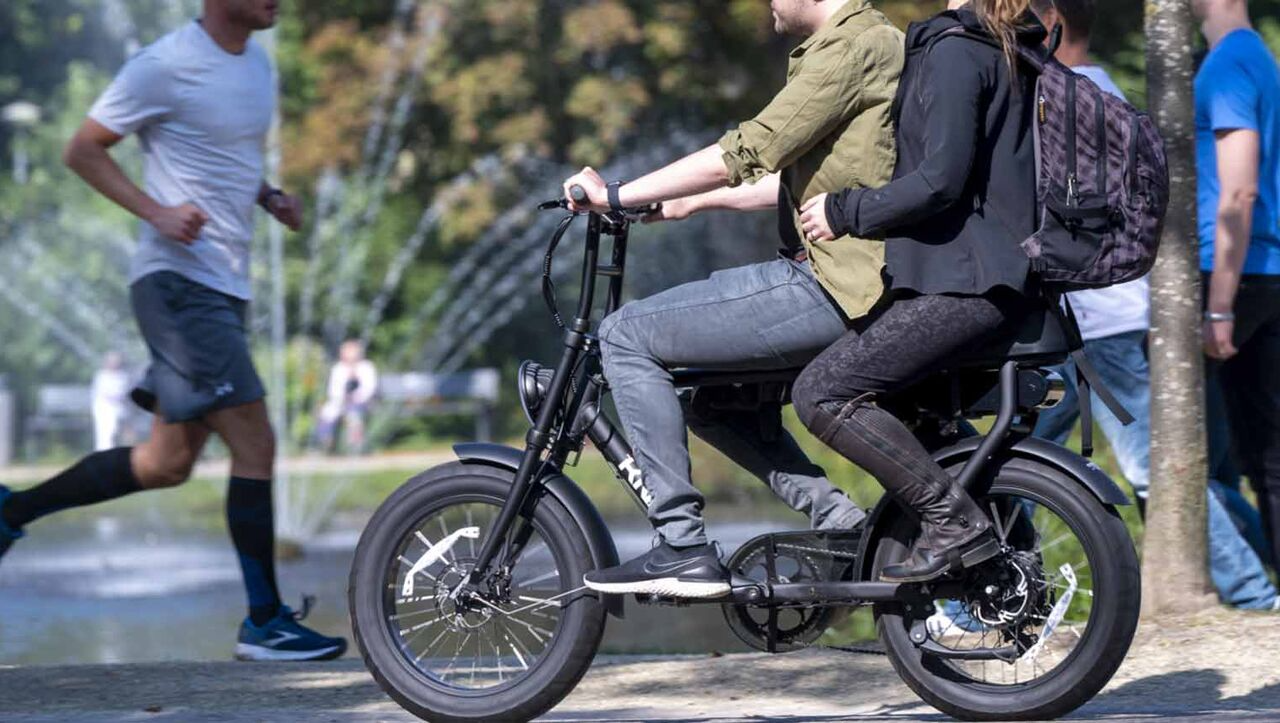
Dutch insurers exclude fat bikes due to numerous thefts

It is becoming more and more difficult to insure the fat bike, a bicycle phenomenon in the Netherlands. At short notice, two insurers have already pulled out, just because the bike is being stolen in large numbers /ANWB
For the time being, Dutch insurer ANWB will stop ensuring fat bikes, electrically powered bicycles with thicker tires. The insurer says it i


Comments
Ready to join the conversation?
You must be an active subscriber to leave a comment.
Subscribe Today